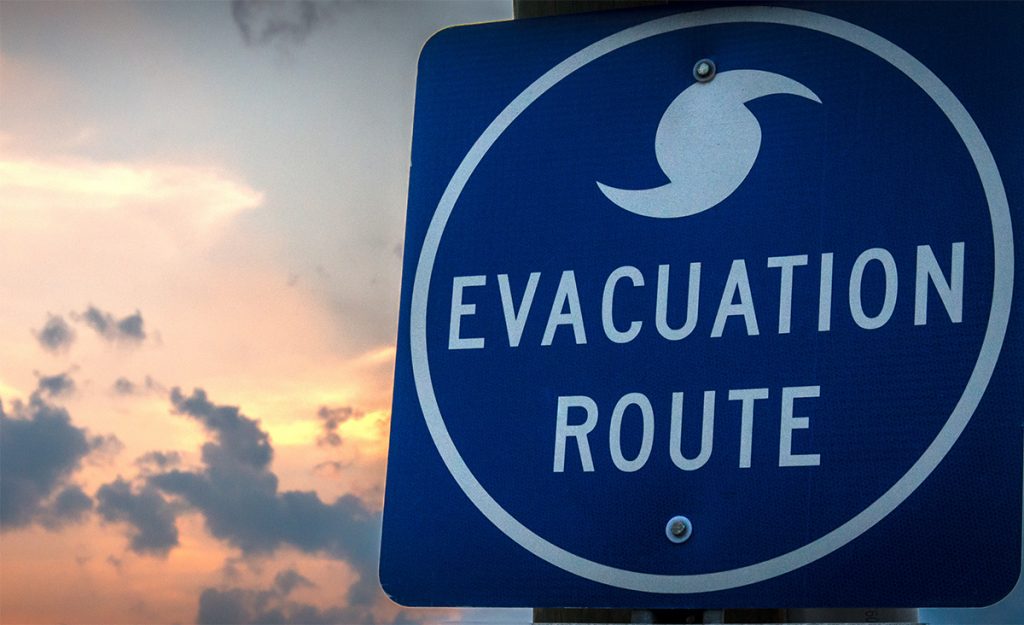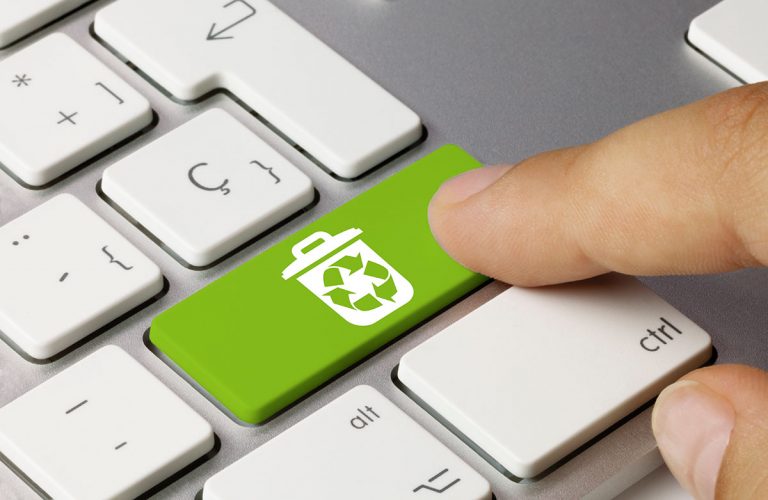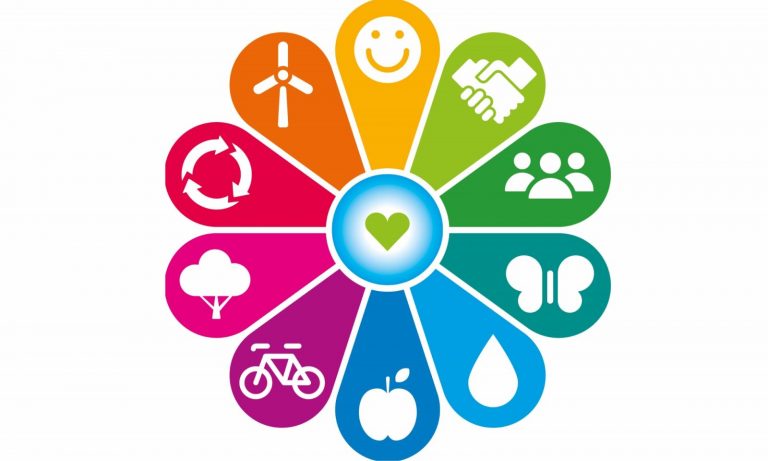Disaster Planning Must for Small Businesses

If it’s June in Florida, that means it’s hurricane season. With officials predicting near-normal activity this season, with 12 to 17 named storms and as many as four major hurricanes, it is not too late for businesses to review their disaster plans.
According to the National Federal of Independent Business, there are steps business owners can take to ensure they are ready for whatever Mother Nature brings this year.
Understand the risks. Is your business in a location where flooding is possible? Are tornadoes, hailstorms, earthquakes or other acts of nature potential hazards to your business? Make sure you are aware and protected as much as possible against the possible risks.
Be sure you have adequate insurance. You need at least enough to rebuild your home and business. Review your policies to see what is — and isn’t — covered. Consider business interruption insurance, which helps cover operating costs during the post-disaster shutdown period. Get flood insurance.
Take photographs and videos of your assets. Store them online if possible or in waterproof and fireproof containers kept in a safe place, such as a relative’s or friend’s home or business in another state.
Have an emergency response plan. Determine your evacuation routes. Establish meeting places. Keep emergency phone numbers handy.
Develop a communications plan. Designate someone to serve as a contact person for your employees, customers and vendors. Phone and email in your area may be down following a natural disaster, so ask an out-of-state friend, colleague or relative to serve as a post-disaster point of contact.
Back up your business records. Make copies of your vital records and store them in a secure place, ideally in a second location. Back up electronic records to the cloud and keep paper documents in a fireproof safety-deposit box.
Create a disaster kit. Put a flashlight, portable radio, fresh batteries, fresh first-aid supplies, non-perishable food, bottled water, a basic tool kit, plastic sheeting and garbage bags in a bag or box someplace handy in case of emergency. Encourage your employees to prepare disaster kits for themselves and their families.
SOURCE: National Federation of Independent Business











